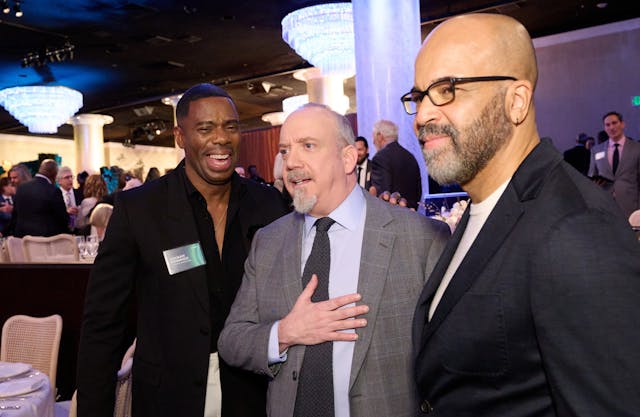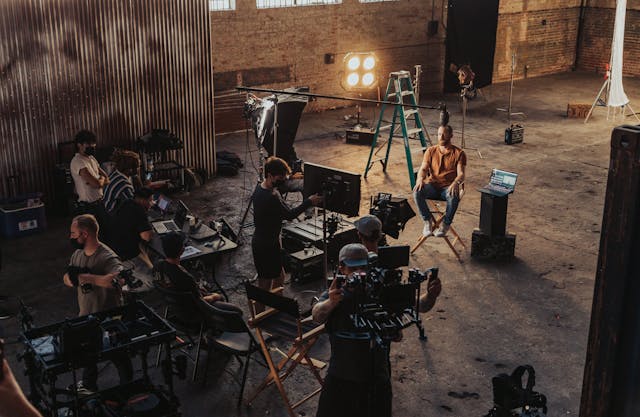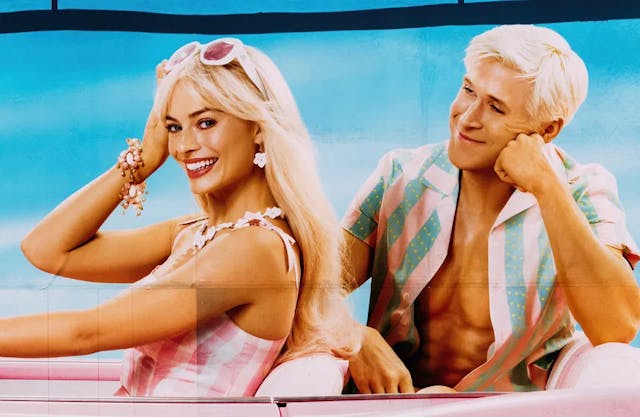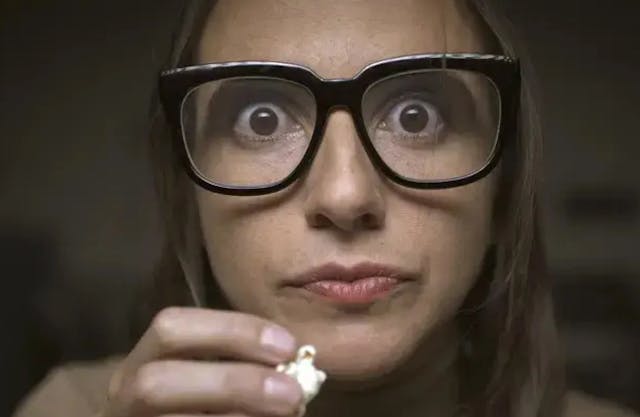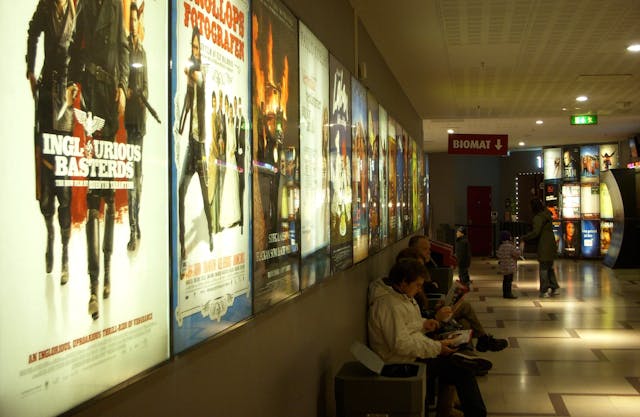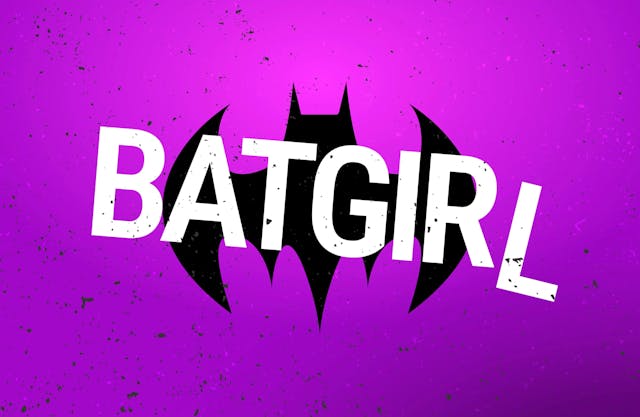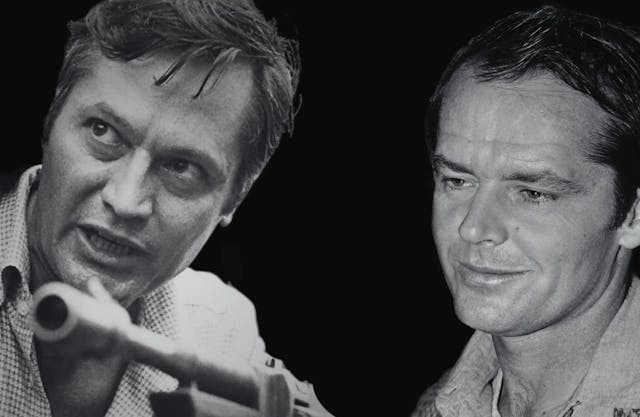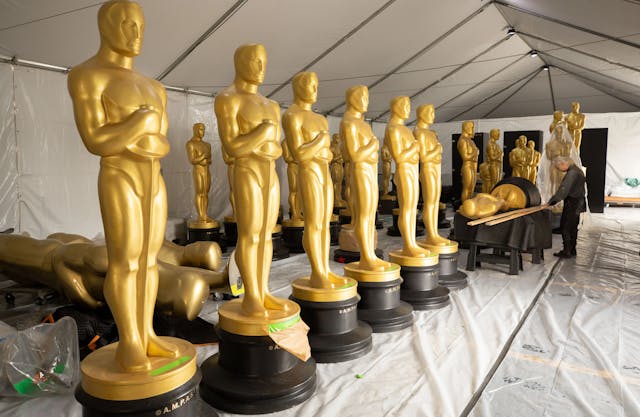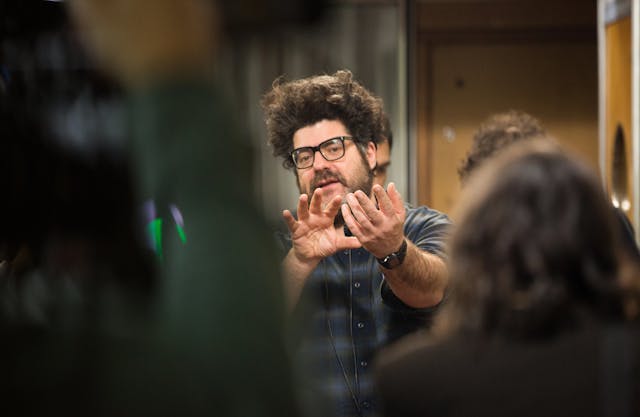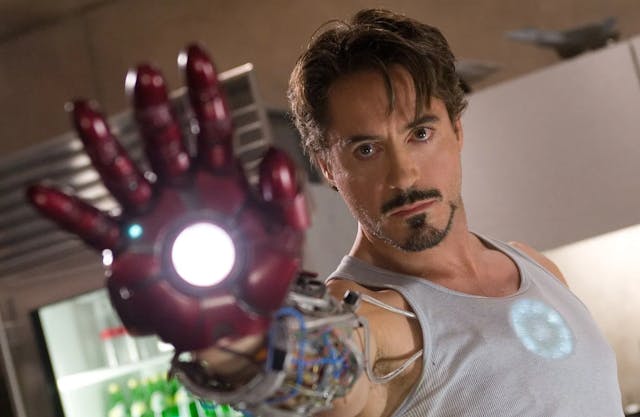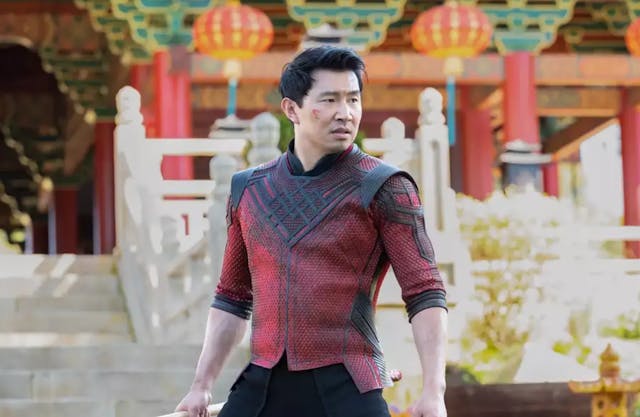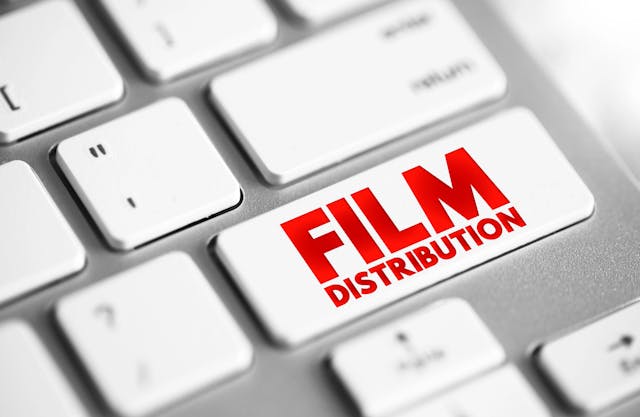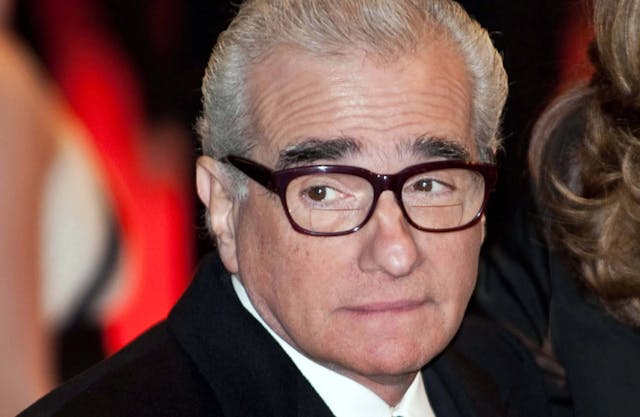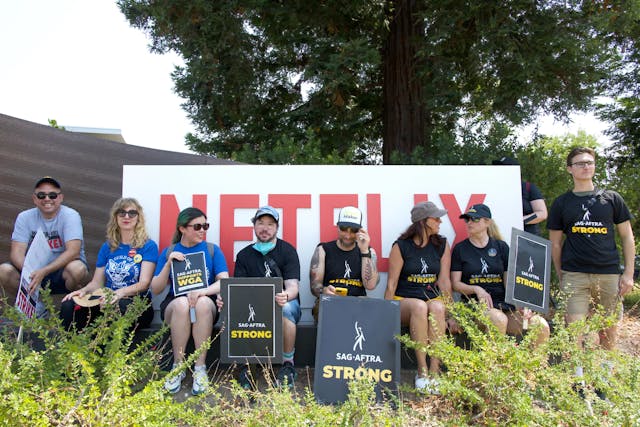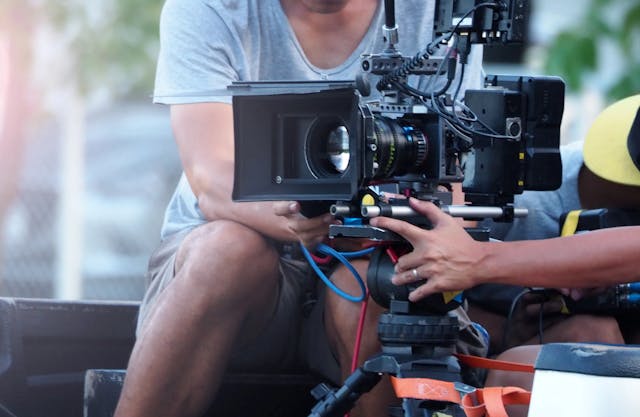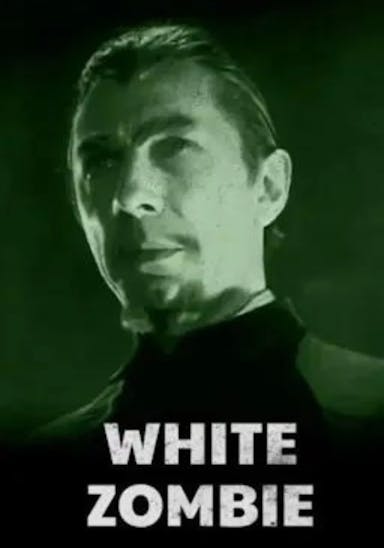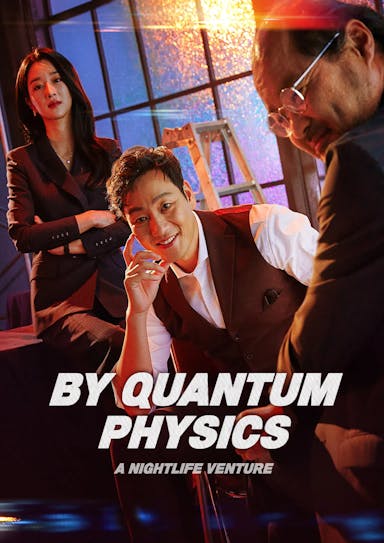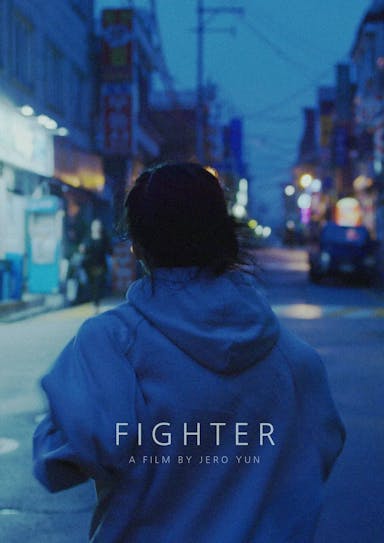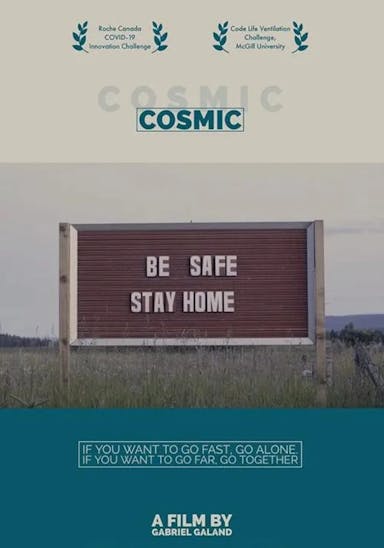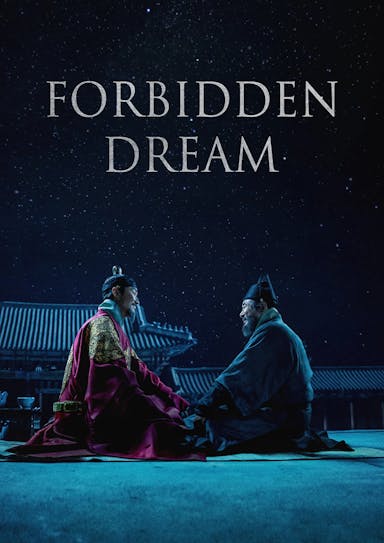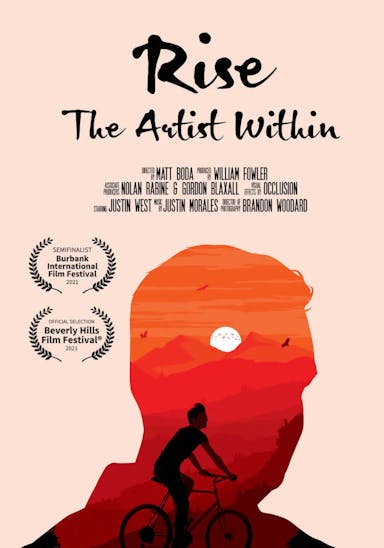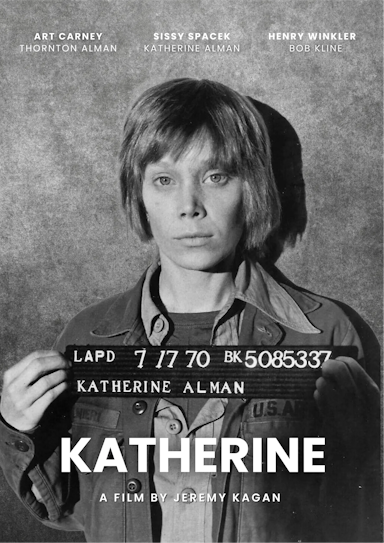What "The Killer" Tells Us About The End Of The Streaming Golden Era
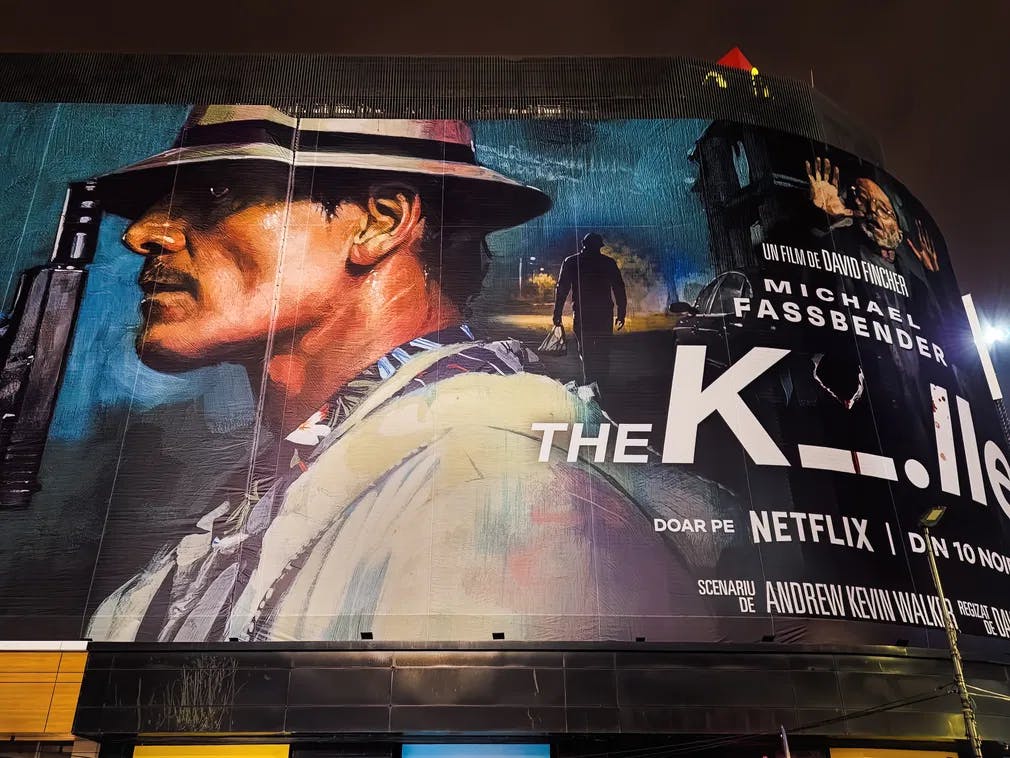
It's big in Romania: a giant sign promoting "The Killer" in Bucarest. / Photo courtesy of Dreamstime.
David Fincher is one of the most popular American film directors of our time or at least one of the few capable of stirring enthusiasm in general audiences and any self-respecting movie buff. His movies are, for lack of a better word, events. A couple of years ago, it was announced that he would reunite with Andrew Kevin Walker, the screenwriter behind his breakout hit "Se7en" (1995). The news sends shockwaves through the web. It almost made up for the premature cancellation of his series "Mindhunter." Almost. Now, the movie is in theaters, and…cue the crickets.
It's not that the movie turned out to be underwhelming. It is not. Blame it on the ethos of Netflix. Film production developed under the contract Fincher holds with the giant streamer. Netflix's releases tend to be subdued affairs, even though it proclaims faith in the theatrical experience. If you live in New York, you might catch the movie at the revamped Paris Theater, acquired by the company to highlight its productions. In L.A., the largest hub of the film production industry, there is no lack of screens dedicated to it. The Egyptian, the legendary theater Netflix bought and renovated, was not ready to launch Fincher's latest. Alas, if you live in any other city in the good ol' USA, you must scramble to find a theater showing "The Killer," if you find one at all.
In my home base of Miami, Florida, the movie was showing on a single screen: one of the smallest rooms in a Landmark theater, hidden in a fancy open-air mall. Sound and projection quality was top-notch, but the size of the theater, eaten up by reclining loungers, limited the potential audience to dozens. It did not matter in the end. There were just three people in the place. Upon exit, I discovered it was competing with a Halloween party full of toddlers in costume in the mall’s central plaza. I would love to give more evidence of the movie’s performance than this anecdote, but there is barely any official information. Box Office Mojo records $200,933 in worldwide ticket sales, based on the Netherlands, Portugal, and South Korea markets - just three countries. The domestic box office is zero. Or rather, a dash.
The ongoing SAG-Aftra strike prevented talent from engaging in the usual promotional tour. Still, chances are things would not look very different if stars Michael Fassbender and Tilda Swinton had engaged in press junkets and lengthy interviews with big outlets. Netflix has always treated the theatrical run of its original films as a sort of promotion for the real event: the streaming debut. “The Killer” will be available to stream on Netflix on Friday, November 10, 2023. I’m glad I could see the movie in a theatre, and one with good technical standards - I’ll never forgive AMC for making Sofia Coppola’s “Priscilla” look as if everything was shot through a blue filter.
The Killer
"The Killer" feels like late-stage Jean Pierre Melville's crime movies. Fincher distills a particular brand of crime drama that idolizes the lone wolf killer. It's both a celebration and an apology. Fassbender may remain movie-star handsome, but his nameless assassin is a dweeb trapped in a boring, soul-crushing job, and an amoral one, too. Any glint of personality comes by association with commercial brands - he holes up in an abandoned WeWork to prepare a doomed hit - and eats McDonald's three times a day. Like a corporate drone, he is working towards a golden retirement in a tropical haven resembling a luxurious but impersonal AirB&B. His ongoing internal monologue, which we are privy to via voice-over, is full of self-improvement pabulum. If he weren't a killer-for-hire, he could be a life coach. Or rather, a death coach.
For all his self-regard, the killer misses his target. In retribution, his employers have his girlfriend beaten to near death. That’s when the intentionally basic plot kicks him. He follows every link in the chain of command and exerts revenge. The targets include Charles Parnell as a lawyer and Tilda Swinton as an “Expert” with all the trappings of a white-collar high executive - a Mercedes Benz SUV and a nice home in the suburbs. It feels like she is playing an older version of her character in “Michael Clayton” (Tony Gilroy, 2007), decades later, spared any consequence of her crimes and with any hint of morality rotten away by greed.
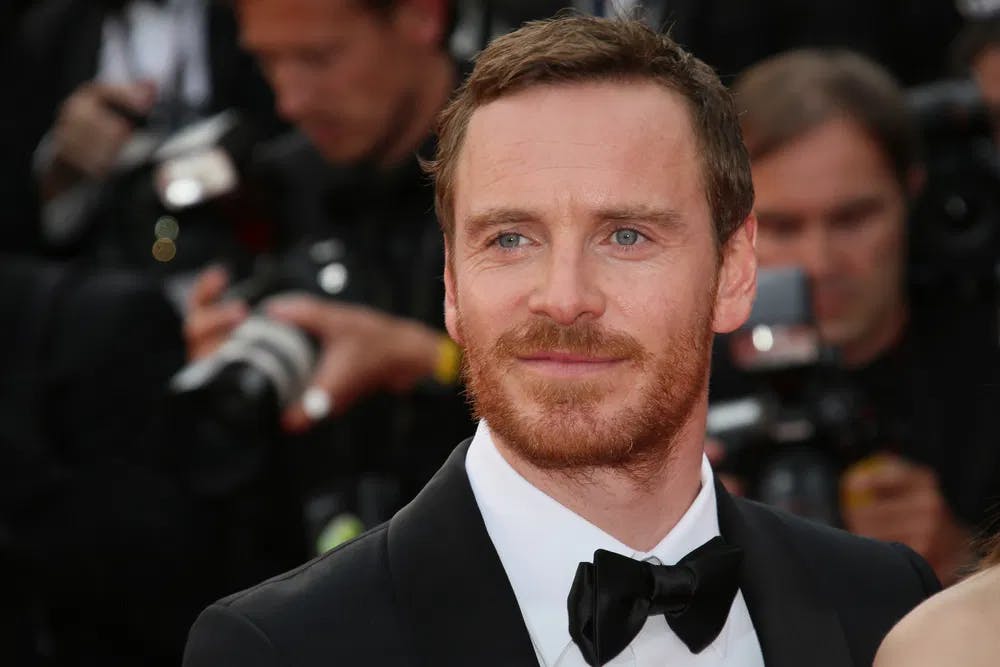
"The Killer" looks: Fassbender plays a blank in Fincher's latest. / Photo by Denis Makarenko, Dreamstime.
“The Killer” takes on an episodic structure, with Fassbender visiting each person like a deadly Ghost of Christmas. You can imagine them thinking, “Now you don’t miss your shot?” as he exerts vengeance. They all try to wiggle themselves out of the predicament, but you can see some resignation in their demeanor. This is how a life built on violence ends. Our protagonist may - or may not - end up lounging on a sunny beach, but we know it’s only a matter of time before he gets his just dessert. Each encounter feels like an episode in a particularly soulless series. I would not be surprised if Netflix chops the movie and runs it piecemeal in social media - the streamer cut ‘Stranger Things” in segments and ran it for free on TikTok to celebrate “Stranger Things Day” on November 6 - A holiday for a TV series? Did Congress approve that? -. Fincher is not a babe in the woods. He knows such a thing may happen unless he has a tight clause in his contract about re-editing his movies. I think this movie is a poisoned love letter to his chosen overlords.
Streamers corner the adult market
Before “The Killer” began to unravel on the screen, I was regaled with a fresh cop of trailers for upcoming releases, some of the most eagerly awaited films of the competitive Oscar season: Joaquin Phoenix commanding troops of thousands in Ridley Scott’s epic “Napoleon,” Bradley Cooper and Carey Mulligan performing a virtuous duet in the Leonard Bernstein biopic “Maestro,” and in a gesture beyond awards-bait, we got a glimpse at Julia Roberts, Mahershala Ali and Ethan Hawke facing an apocalyptic event in “Leave The World Behind.” What do they have in common besides star wattage? Well,’ they are all movies produced by either Apple or Netflix.
Netflix counts with the richest end-of-the-year slate. Besides "Maestro," they have two more Oscar-aspiring biopics. Colman Domingo plays Civil Rights fighter Bayard Rustin, and Annette Benning plays veteran swimmer Diana Nyad in "Rustin" and "Nyad" - natch! -. On the festival circuit, they bought Sundance's pugnacious sexual-politics thriller "Fair Play" and Todd Hayne's "May December" fresh out of Toronto.
Amazon Prime is pushing Emerald Fennell’s “Saltburn,” hoping for a “Promising Young Woman” caliber success. On the indie side, MUBI has award-worthy contenders with Ira Sachs’ “Passages” and Aki Kaurismaki's latest “Fallen Leaves.”
A Risky Bet To Win Scorsese's Best
This season feels like the climax of streamers’ years-long campaign to conquer the film market. They are sticking their logos on high-profile talent and shouldering risk with the studios more than any other year. Case in point: “Killers of The Flower Moon.” Paramount brought in Apple when they balked at footing a $200 million bill for Martin Scorsese’s epic adaptation of David Grann’s true-crime historical book. They are also partnering with Sony for “Napoleon,” priced at $130 million.
The numbers are in for “Killers of the Flower Moon”’s box office, and it seems unlikely it will recuperate budget and promotions expenses by ticket sales only. As of November 8, Box-Office Mojo reports over $119 million worldwide grosses. Not bad for an almost 3 hours and a half epic for adult audiences. Remember that such lengthy running times limit the number of showtimes you can program in a day, reducing ticket sales for logistical reasons. A two-hour movie can have a 7:00 p.m. show and 8:30 p.m. - let’s give people time to clean up the theater between shows! -. Right then and there, it can sell twice the tickets “Killers…” can.
Is it a flop? Well, no. It’s a riveting epic from America’s best filmmaker alive at the top of his storytelling powers. It brings a shameful history chapter to life in dialogue with the present. It brings career-best performances for Robert De Niro and Leonardo Dicaprio and makes Lilly Gladstone a star. Besides, the way streamers measure success differs from traditional studios. They put movies like this out, chasing an aura of prestige and cultural cachet, the best to justify the cost of an ongoing subscription. Think of it as a long-tail investment. Instead of limited income within the frame of a weeks-long theatrical release, they are going for a nebulous forever, justified by fond memories of movies you enjoyed in the past. Come Oscar time, Scorsese is a shoo-in for Best Director, and expect several nominations for the stellar cast.
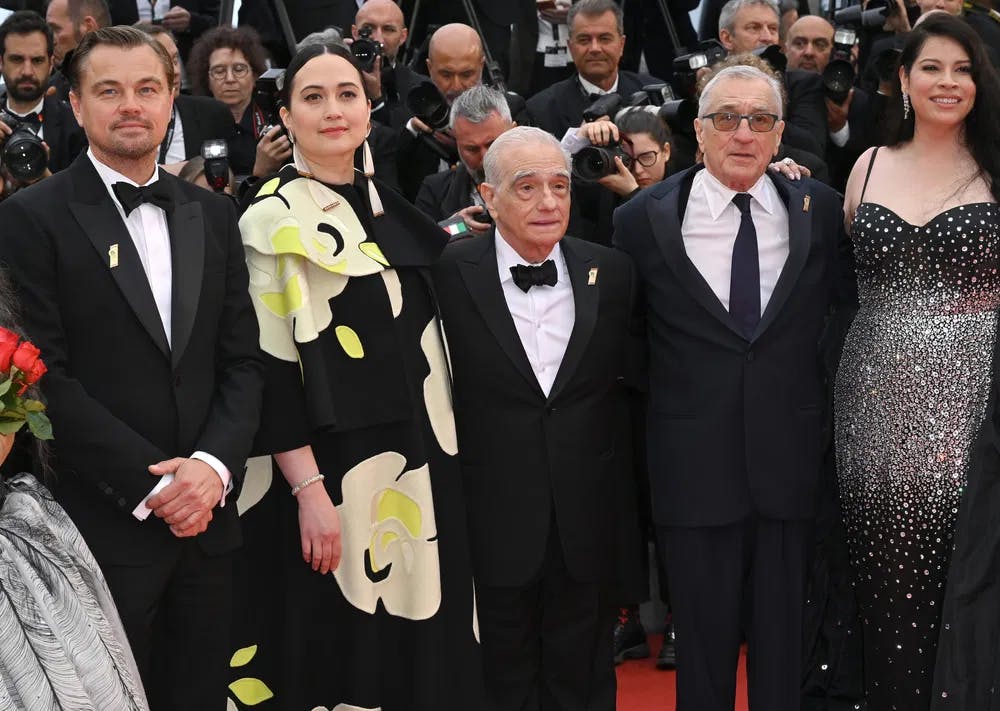
"Killers" all around: Dicaprio, Gladstone, Scorsese, Deniro, and Cara Jade Myers on the red carpet for the premiere of "Killers of the Flower Moon" at the 2023 Cannes Film Festival / Photo by Paul Smith, Featureflash-Dreamstime.
The End of An Era Is Upon Us
Just as streamers take hold of the trappings of prestige - Awards! Good reviews! Cultural footprint! -, we have come to the twilight of the streaming era. Or rather, one of those crisis that push the market to a new order of things. All streaming services are increasing their subscription price. If you pay for the most popular platforms, you are probably spending more than when locked in a two-year contract with a cable company. They are adopting a lower-end ad-sponsored level to prevent a bleeding of subscribers. The vanguard of entertainment on the home screen is turning into broadcast TV. Worse yet, once you grow accustomed to living without ads, bringing them back into your life is hard. It will be easier not to watch.
Streamers will go into a death match to distinguish themselves from the competition. But there is nothing more elusive than “quality” or “popularity.” The entertainment business is a constant toss of the dice. Perhaps the only sure thing is that parents will pay to keep things entertained, which gives Disney+ a leg up since their brand is strongly locked in that audience segment. Amazon and Apple may be safe since they have enough money to burn away. The rest is vulnerable. I guess that the bigger fish will absorb the smaller ones. Check out how Disney is moving towards acquiring Comcast’s participation in Hulu, which would leave the brand completely in their white-gloved mouse hands.
The original sin of studio streaming services - or the corporate entities behind them - was greed. They could not let Netflix keep raking in the bucks by renting the movies they made. So, they inundated the market with their imitations of Netflix, segmenting it to irrelevance. Couldn't they see it as a broadcast TV operation, licensing their films and shows? No. They had to get in the game, and now it is a mess. The ongoing SAG-Aftra strike is bound to undermine the system even further. Whatever profit margin they get depends on stiffing actors of residuals. Their idea of future-proofing their business is to take appropriate performer's appearance and voice for perpetuity to limit their employment even further. In an inadvertently nightmare-inducing scene in the Disney+ movie "Prom Pact" (Anya Adams, 2023), you can spot two digitally created extras clapping awkwardly on the bleachers of a basketball game. This hints at things to come if actors can't stave off that awful future through the strike.
According to a story recently published in Variety, Netflix is reducing the number of original movies it produces or buys - from 50 to 30 or 25. The PR line is that they are concentrating on "quality." That is a nice thing to say, but I doubt they will stick to Art House fare. Whenever they have disclosed "viewing hours" - their measurement for success - it tends to pertain to critically reviled fare, like "Red Notice" (Rawson Marshall Thurber, 2021), a universally panned action movie with Dwayne Johnson, Gal Gadot and Ryan Reynolds phoning their performances in from apparently separate green-screened studios. Somehow, I think they will keep producing stuff like that.
This state of flux is coming simultaneously with movie-making in the throes of a change. The IP era fueled by Marvel and Disney may be chugging along, but the shine is lost. They played it off to death. Production budgets have ballooned while ticket sales have diminished. Even the craftsmanship is lacking in the latest crop of superhero movies. The awful special effects in "Thor: Love & Thunder" (Taika Waititi, 2022) convinced me to get off the superhero train, and it's one of the best decisions of my life. Maybe the audiences that pushed "Iron Man" (Jon Favreau, 2008) to the stratosphere are exhausted of origin stories; perhaps they out-grew the comic narratives or are bored with the sameness of the "content." Whatever the reason, change is upon us. The theatrical experience will survive despite itself. Yo! AMC! You owe me a good screening of "Priscilla."
Want to get an email when we publish new content?
Subscribe today